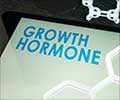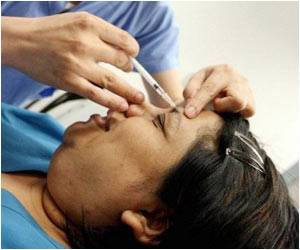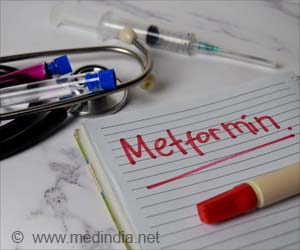
According to the researchers, the epigenetic changes they have identified could be used as potential "markers" of biological ageing and in the future could be possible targets for anti-ageing therapies.
The study looked at 172 twins aged 32 to 80 from the TwinsUK cohort based at King's College London and St Thomas' Hospital, as part of King's Health Partners Academic Health Sciences Centre.
The researchers looked for epigenetic changes in the twins' DNA, and performed epigenome-wide association scans to analyse these changes in relation to chronological age.
They identified 490 age related epigenetic changes. They also analysed DNA modifications in age related traits and found that epigenetic changes in four genes relate to cholesterol, lung function and maternal longevity.
To try to identify when these epigenetic changes may be triggered, the researchers replicated the study in 44 younger twins, aged 22 to 61, and found that many of the 490 age related epigenetic changes were also present in this younger group.
Advertisement
"We found that epigenetic changes associate with age related traits that have previously been used to define biological age," Jordana Bell, who co-led the study, said.
Advertisement
"These results can help understand the biological mechanisms underlying healthy ageing and age-related disease, and future work will explore how environmental effects can affect these epigenetic changes," Bell said.
The study has been recently published in PLoS Genetics.
Source-ANI











